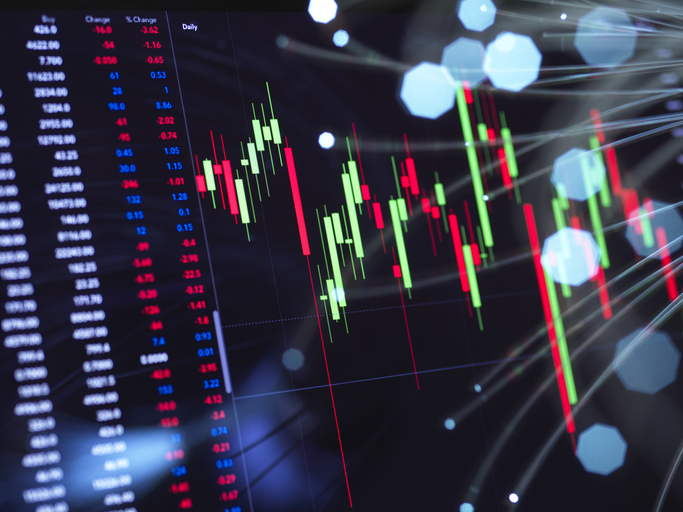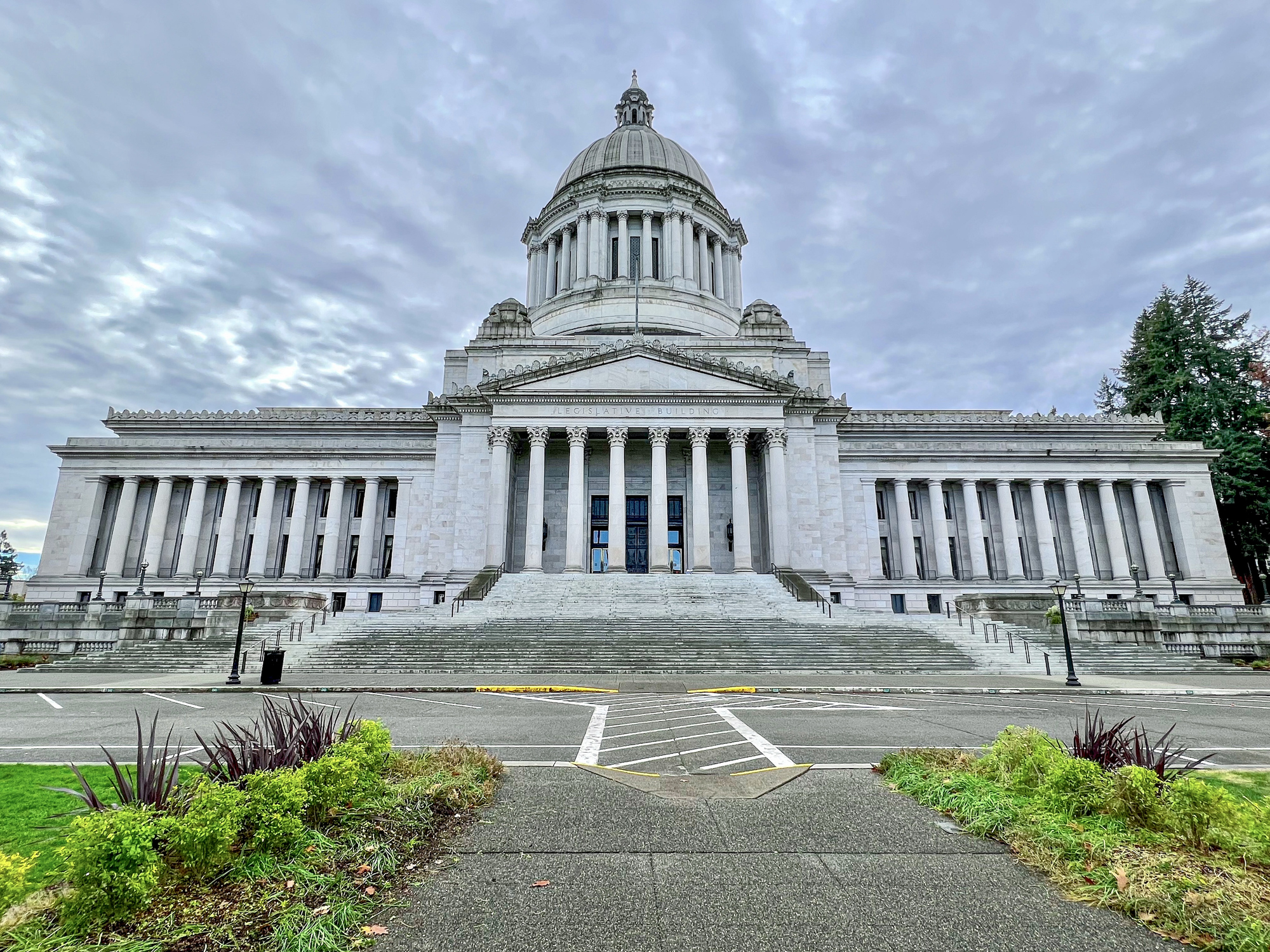Our Insider's View of the Economy
Kiplinger's newest contributor sees the recovery picking up steam.

Profit and prosper with the best of Kiplinger's advice on investing, taxes, retirement, personal finance and much more. Delivered daily. Enter your email in the box and click Sign Me Up.
You are now subscribed
Your newsletter sign-up was successful
Want to add more newsletters?
Richard DeKaser writes the Practical Economics column for Kiplinger.com and contributes to The Kiplinger Letter and Kiplinger's Personal Finance. He is president of Woodley Park Research and a director of the National Association for Business Economics.
What's your outlook? I'm optimistic. I expect gross domestic product to grow by 3.5% in 2010. Midwestern farm states that avoided the housing debacle and continue to enjoy firm commodity prices are doing well. Areas laden with excess inventory in residential or commercial real estate are flagging, such as Florida, the Southwest and parts of California.
What's driving the recovery? In a recession, businesses and consumers defer discretionary purchases. When growth resumes, there's catching up to do. Take autos. Sales have been below the replacement rate -- the number needed to compensate for retired vehicles -- for over a year. Also, we've seen negligible growth in business spending on plants and equipment. Those are the drivers now: demand for discretionary items and spending on production capacity. We also have a big swing in inventories. Businesses are restocking, and the pickup has been better than expected.
From just $107.88 $24.99 for Kiplinger Personal Finance
Become a smarter, better informed investor. Subscribe from just $107.88 $24.99, plus get up to 4 Special Issues

Sign up for Kiplinger’s Free Newsletters
Profit and prosper with the best of expert advice on investing, taxes, retirement, personal finance and more - straight to your e-mail.
Profit and prosper with the best of expert advice - straight to your e-mail.
What are the headwinds? Two financial headwinds are preventing the economy from skyrocketing. First, wealth levels are far below what they were in 2007, despite a nice rebound in stock prices and a stabilization of home prices. Household net worth peaked in the second quarter of 2007 at $65.9 trillion; presently, it's at $54.9 trillion. People feel -- and in fact are -- less wealthy, so they spend conservatively.
And the other? Tight credit is restraining growth, principally affecting consumers and small businesses -- a huge chunk of our economy. As the economic expansion matures, fears of a relapse will diminish and lenders will be more forthcoming. But we will not return to hyper-easy credit conditions for many years.
What's your take on inflation and interest rates? As long as unemployment remains high and compensation gains meager, there is little prospect of higher inflation. But after next year, the Federal Reserve will have to make sure it's not a problem. Long term, interest rates are going higher -- that's a no-brainer.
Profit and prosper with the best of Kiplinger's advice on investing, taxes, retirement, personal finance and much more. Delivered daily. Enter your email in the box and click Sign Me Up.

Anne Kates Smith brings Wall Street to Main Street, with decades of experience covering investments and personal finance for real people trying to navigate fast-changing markets, preserve financial security or plan for the future. She oversees the magazine's investing coverage, authors Kiplinger’s biannual stock-market outlooks and writes the "Your Mind and Your Money" column, a take on behavioral finance and how investors can get out of their own way. Smith began her journalism career as a writer and columnist for USA Today. Prior to joining Kiplinger, she was a senior editor at U.S. News & World Report and a contributing columnist for TheStreet. Smith is a graduate of St. John's College in Annapolis, Md., the third-oldest college in America.
-
 Dow Cuts 1,277-Point Drop as Trump Tames Energy Threat: Stock Market Today
Dow Cuts 1,277-Point Drop as Trump Tames Energy Threat: Stock Market TodayTuesday's price action was volatile as market participants reacted to the escalating conflict between the U.S. and Iran.
-
 Safe or Seizable?: The IRA & Bankruptcy Protection Quiz
Safe or Seizable?: The IRA & Bankruptcy Protection QuizQuiz Depending on the type of IRA you own and/or how you inherited it, your "safe" money might actually be on the table for creditors.
-
 Is a New 9.9% Millionaire Tax Coming to Washington? What to Know
Is a New 9.9% Millionaire Tax Coming to Washington? What to KnowTax Policy Washington’s tax structure may be headed for another significant shift. Will more states start "taxing the rich"?
-
 Farmers Brace for Another Rough Year
Farmers Brace for Another Rough YearThe Kiplinger Letter The agriculture sector has been plagued by low commodity prices and is facing an uncertain trade outlook.
-
 Trump Reshapes Foreign Policy
Trump Reshapes Foreign PolicyThe Kiplinger Letter The President starts the new year by putting allies and adversaries on notice.
-
 Congress Set for Busy Winter
Congress Set for Busy WinterThe Kiplinger Letter The Letter editors review the bills Congress will decide on this year. The government funding bill is paramount, but other issues vie for lawmakers’ attention.
-
 The Kiplinger Letter's 10 Forecasts for 2026
The Kiplinger Letter's 10 Forecasts for 2026The Kiplinger Letter Here are some of the biggest events and trends in economics, politics and tech that will shape the new year.
-
 What to Expect from the Global Economy in 2026
What to Expect from the Global Economy in 2026The Kiplinger Letter Economic growth across the globe will be highly uneven, with some major economies accelerating while others hit the brakes.
-
 Amid Mounting Uncertainty: Five Forecasts About AI
Amid Mounting Uncertainty: Five Forecasts About AIThe Kiplinger Letter With the risk of overspending on AI data centers hotly debated, here are some forecasts about AI that we can make with some confidence.
-
 Worried About an AI Bubble? Here’s What You Need to Know
Worried About an AI Bubble? Here’s What You Need to KnowThe Kiplinger Letter Though AI is a transformative technology, it’s worth paying attention to the rising economic and financial risks. Here’s some guidance to navigate AI’s future.
-
 Will AI Videos Disrupt Social Media?
Will AI Videos Disrupt Social Media?The Kiplinger Letter With the introduction of OpenAI’s new AI social media app, Sora, the internet is about to be flooded with startling AI-generated videos.